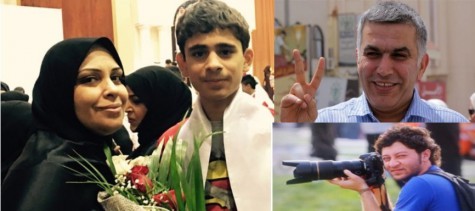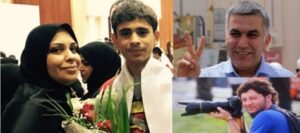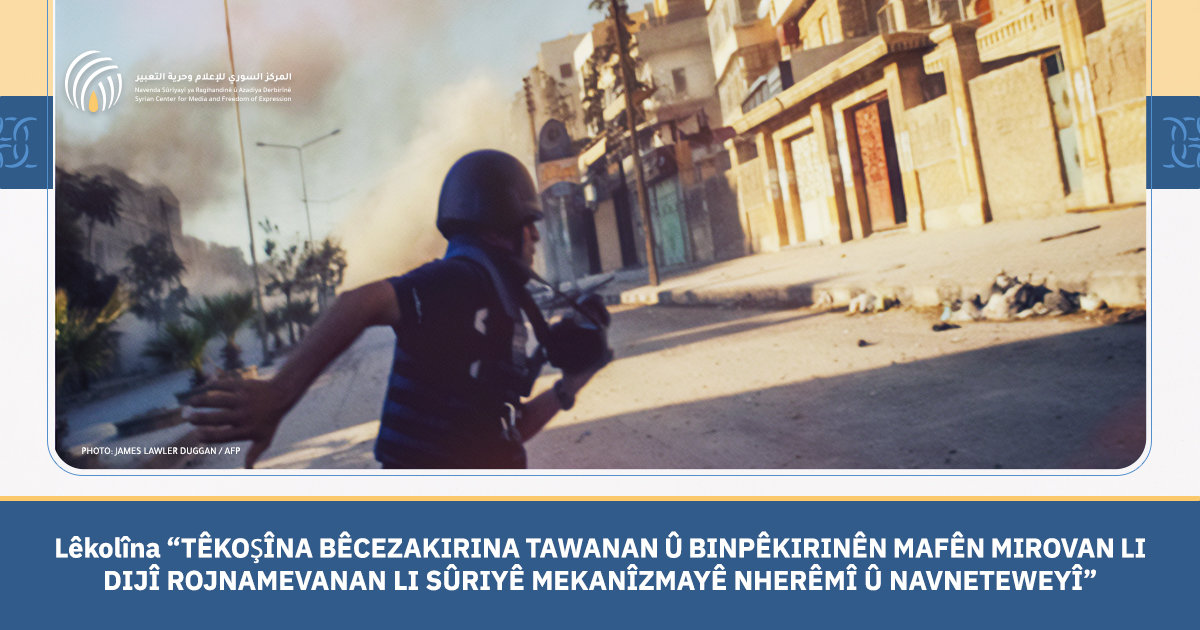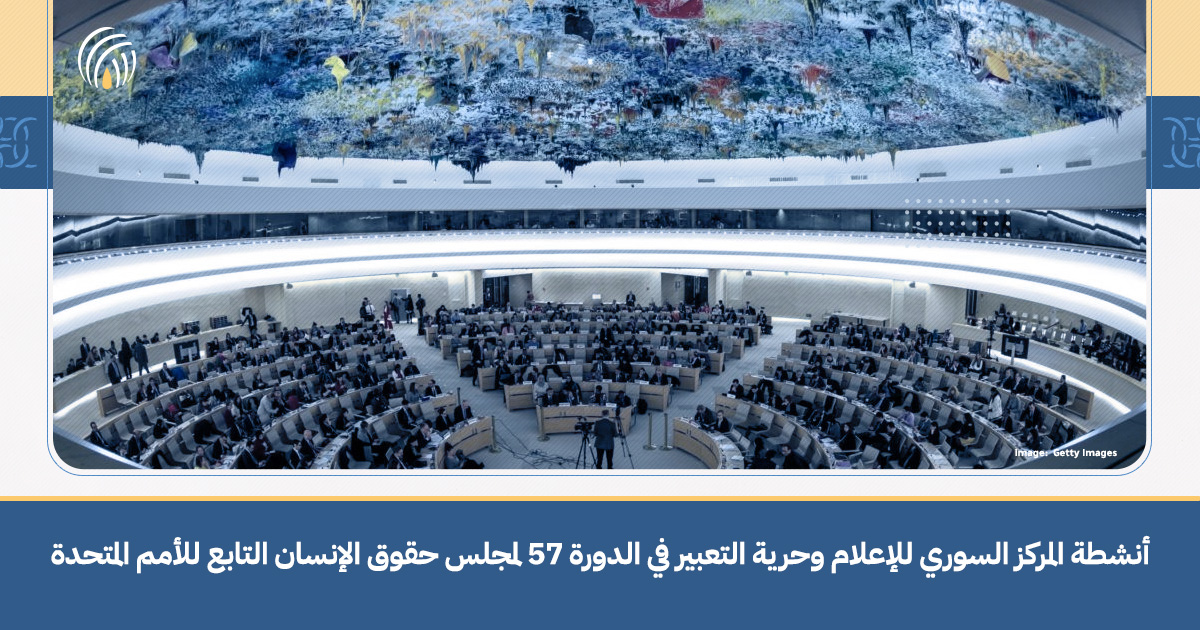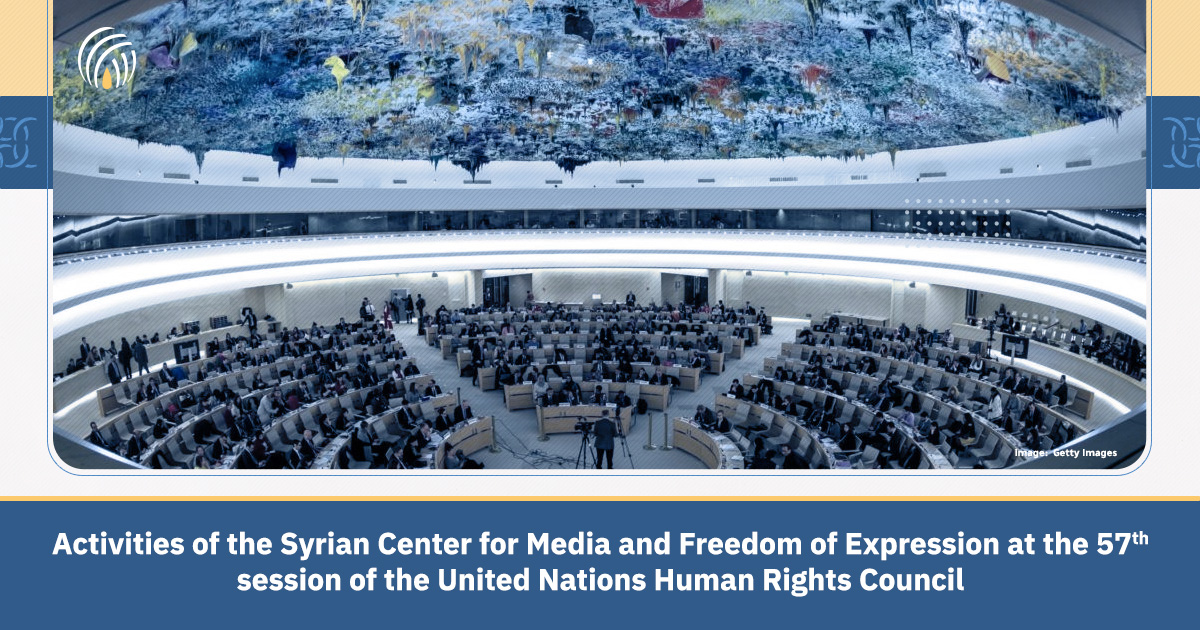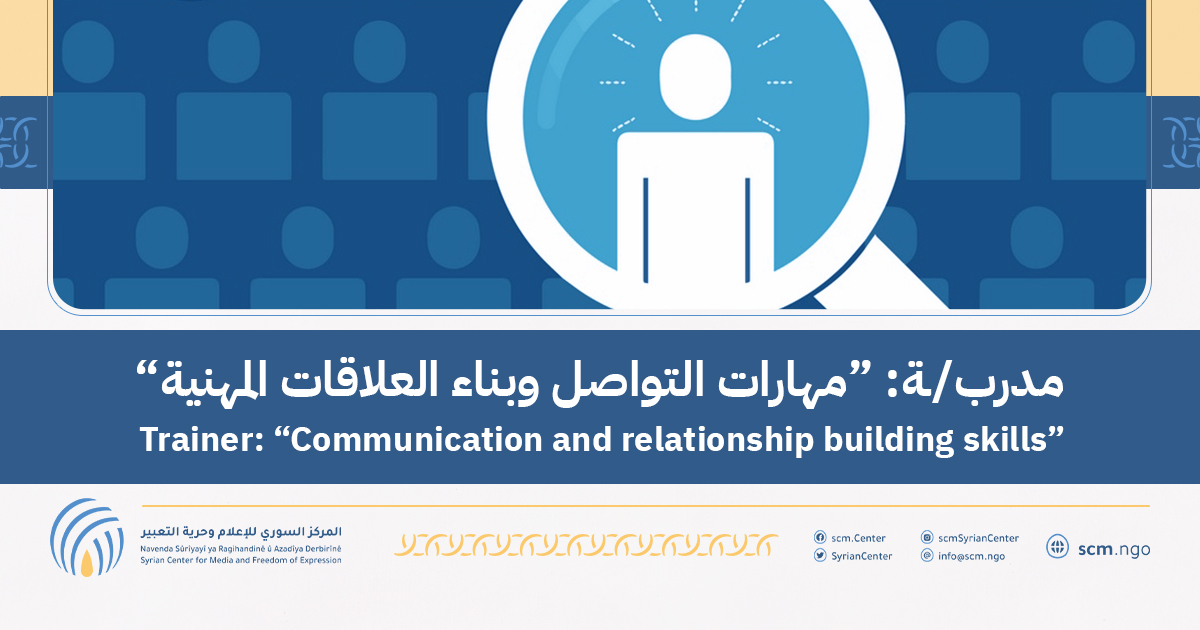The authorities in Bahrain have continued their policy of mistreating and jailing human rights defenders and their families, sentencing three family members of exiled human rights defender Sayed Ahmed Alwadaei to three years in prison this week as a reprisal against his work. In the past week, the Gulf Centre for Human Rights (GCHR) has also received reports that its Founding Director Nabeel Rajab was mistreated as he was transferred from the hospital to Jaw prison for his two-year sentence.
On 30 October 2017, Al-Wadaei’s mother-in-law Hajer Mansoor, brother-in-law Sayed Nizar Alwadaei and maternal cousin Mahmood Marzooq were sentenced to three years in prison on fabricated charges of planting a “fake bomb” in January 2017. Mansoor was sentenced in absentia. Marzooq received an additional sentence of a month and a half and fined 100 BHD for having a dagger.
Sayed Ahmed Alwadaei is Director of Advocacy at the Bahrain Institute for Rights and Democracy (BIRD), and it is believed that his relatives have been persecuted because of his advocacy in the United Kingdom, where he is exiled. The three were arrested in Bahrain in March 2017 and interrogated about Sayed Ahmed Alwadaei’s work. They were reportedly tortured until they signed false confessions, according to BIRD, leading to terrorism charges.
BIRD confirms that the public prosecution’s evidence reveals “no physical evidence – DNA, fingerprints or otherwise – tying the Alwadaei family to the ‘fake bomb’ they were alleged to have planted in January 2017.”
The case has been taken up by human rights organisations worldwide and six UN experts, saying it was designed to “intimidate and impair the human rights activities” of Sayed Ahmed Alwadaei. The reprisals began back in October 2016 after Sayed Ahmed Alwadaei protested Bahrain’s King Hamad meeting with the UK Prime Minister. Hours later, Alwadaei’s wife, Duaa Alwadaei, was detained at Bahrain International Airport, interrogated for seven hours, threatened and temporarily barred from leaving the country. She is now in the UK and expecting a child this month, but the baby will be born stateless since Bahrain revoked the citizenship of her father.
On 26 October, GCHR was among 16 NGOs which sent letters to 11 state bodies, including the UK, United States and the European External Action Service, calling on them to take action ahead of the trial. They were joined by 40 Members of the European Parliament, who made similar calls to the European Union, and by 27 British MPs.
This case is just one of many cases against human rights defenders and their families in a country where very few human rights defenders remain free without persecution.
On 25 October, Nabeel Rajab, who is also President of the Bahrain Center for Human Rights (BCHR), was transferred yesterday from hospital to Jaw prison, to the exact same cell he spent a previous two-year sentence in from 2012 to 2014 on a case related to tweeting about human rights violations.
Rajab was subjected to harsh and degrading treatment and as soon as he arrived at Jaw prison, the guards searched him in a humiliating way, and shaved his hair by force. They have repeatedly searched and raided his cell during the night. His books and clothes were confiscated after the transfer and he is apparently only allowed one book per month. The family won’t be able to visit him until mid-December.
In addition, normally inmates are kept together who have been convicted of similar crimes. However, Rajab remains isolated from other human rights defenders, including GCHR’s other Founding Director and former President of BCHR, Abdulhadi Al-Khawaja.
On 25 October, Rajab appeared in the appeals court for the two-year sentence on charges of “spreading false news” that he received on 12 July 2017 for speaking to journalists from various media. The prosecution called a Ministry of Interior officer as a witness. The trial was postponed to 8 November, when the final arguments will be heard.
Rajab was in the Ministry of Interior Clinic (Al-Qalaa) since April after he had surgery. He had been in pre-trial detention since he was arrested on 13 June 2016 in another case related to tweets about torture in Jaw prison as well as Bahrain’s role in the war in Yemen. That case is ongoing.
Human rights defenders and journalists are often charged with other crimes in order to prevent them from reporting on human rights violations. For example, photographer Ahmed Humaidan, is serving a 10-year prison sentence since his conviction in December 2012 over an attack on a police station. He reportedly has a very bad eye infection and the prison authorities refuse to allow him go to the hospital to get the right treatment, but only allow him to go to the clinic where treatment is not sufficient.
GCHR calls on the authorities in Bahrain to:
- Immediately and unconditionally free Hajer Mansoor, Sayed Nizar Alwadaei and Mahmood Marzooq pending appeal, and overturn the charges against them;
- Immediately and unconditionally free Nabeel Rajab, and failing that, protect him from mistreatment in prison, as well as allowing him to mix with the general population including other human rights defenders;
- Allow Ahmed Humaidan unhindered access to medical care; and
- Guarantee in all circumstances that human rights defenders in Bahrain are able to carry out their legitimate activities without fear of reprisals and free of all restrictions including judicial harassment.
GCHR respectfully reminds you that the United Nations Declaration on the Right and Responsibility of Individuals, Groups and Organs of Society to Promote and Protect Universally Recognized Human Rights and Fundamental Freedoms, adopted by consensus by the UN General Assembly on 9 December 1998, recognises the legitimacy of the activities of human rights defenders, their right to freedom of association and to carry out their activities without fear of reprisals. We would particularly draw your attention to Article 6 (b and c): “Everyone has the right, individually and in association with others: (b) As provided for in human rights and other applicable international instruments, freely to publish, impart or disseminate to others views, information and knowledge on all human rights and fundamental freedoms; (c) To study, discuss, form and hold opinions on the observance, both in law and in practice, of all human rights and fundamental freedoms and, through these and other appropriate means, to draw public attention to those matters”, and to Article 12 (1 and 2): “(1) Everyone has the right, individually and in association with others, to participate in peaceful activities against violations of human rights and fundamental freedoms. (2) The State shall take all necessary measures to ensure the protection by the competent authorities of everyone, individually and in association with others, against any violence, threats, retaliation, de facto or de jure adverse discrimination, pressure or any other arbitrary action as a consequence of his or her legitimate exercise of the rights referred to in the present Declaration.”
